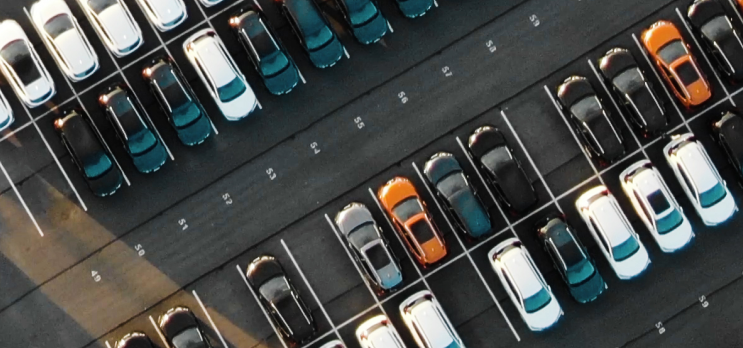If you want to buy a car that still has a lien on it, you must understand that the lienholder must be paid off first. It’s as if the vehicle is co-owned by the owner and the lienholder, and therefore that remaining debt must be paid off before ownership is transferred.
This third party financial interest can be complicated, but not impossible. So… should you buy a car with a lien on it? It can be financially savvy for a buyer who is willing to deal with additional hurdles — if someone is desperate to get out of debt, you may get a lower price on the liened vehicle.
Begin by ensuring you know exactly how much money is still owed, and to whom. A DMV and VIN check is fundamental. You must get the lien officially discharged as soon as possible, and there are a few possible ways to go about this.
The first way is to go directly to the lienholder with the seller. With all three of you in the room, you can pay off the lender directly, then give the remaining money to the seller. Make sure there is a signed agreement before you exchange any money.
Another option is to use an escrow service. Escrow will protect everyone involved, oversee loan payments, and smooth the paperwork to ensure the quickest possible title transfer. The only downside to this option is that a typical escrow service will charge a small percentage fee.
Or, the seller can refinance the balance of the lien loan into a personal loan, thereby removing the lien from the vehicle title. When the vehicle itself is no longer serving as collateral, it will be free to purchase.
The last, and most precarious option, is that you take the lien payments over yourself, while the vehicle is still registered to the original owner. This is the least stable situation, since the vehicle will not officially belong to you until the lien is paid off. But if both parties trust one another, this is an option that minimizes waiting time and paperwork.
